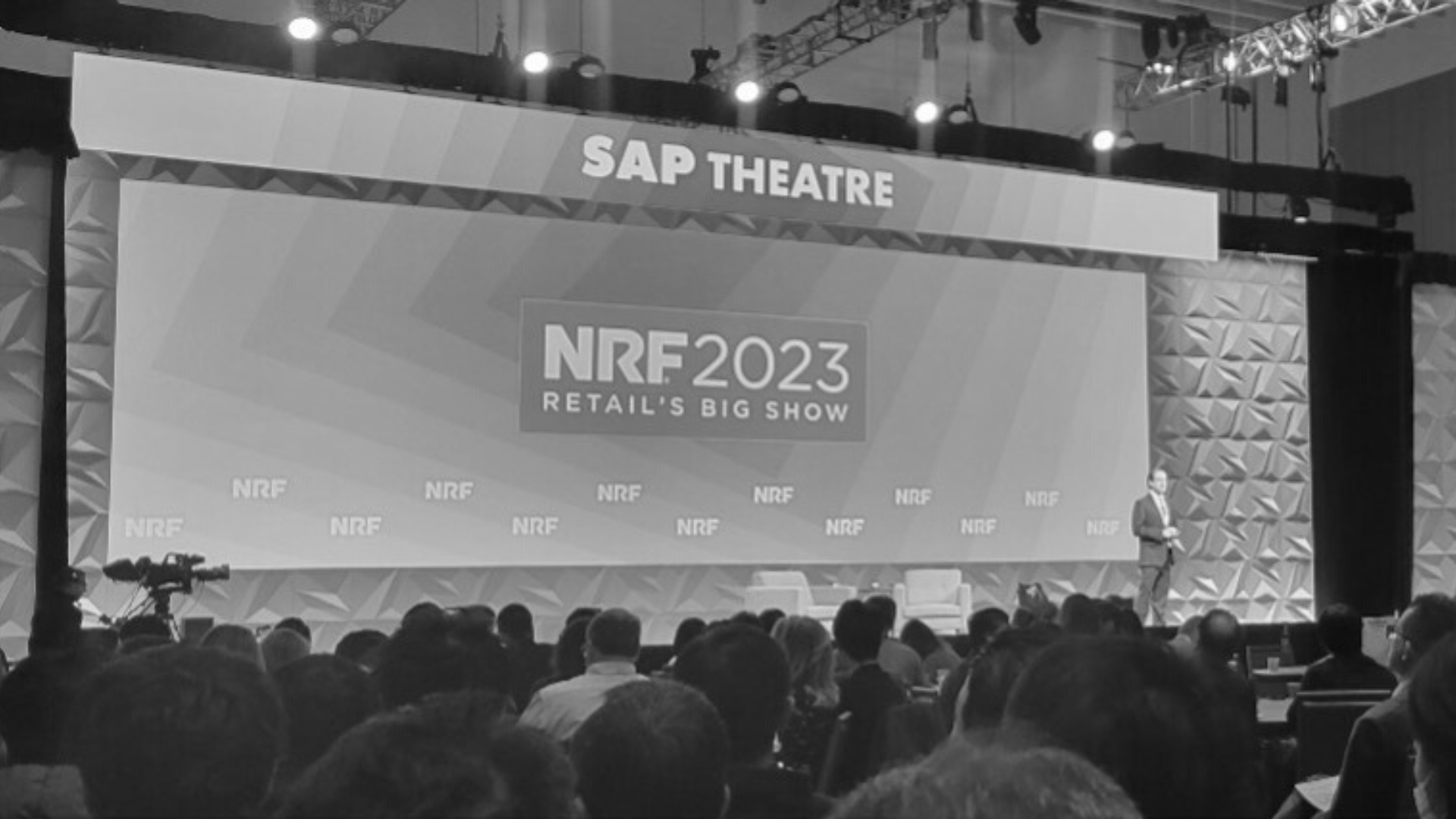Inflation is making its mark on Americans. And it’s not a pretty picture.
The Consumer Price Index (CPI) remained near 40-year highs in April, hitting an annual increase of 8.3% while inflation adjusted earnings for workers decreased 2.3% year over year. Looking only at food prices, this category rose 9.4% annually, second only to energy prices. No part of the American economy has been immune from the sting of inflation – whether through volatility in commodity markets to supply chain disruptions and misalignments in the demand side of the economy. This is on top of gas prices hitting an all-time record high on May 10 and a Q1 GDP contraction of 1.4%.
The American consumer is acutely aware of the economic situation. A Gallup poll released on May 9 finds “Americans are more likely today than they were a year ago to report being “very” or “moderately worried” about several aspects of their finances, reversing the improvement seen last year.” According to a Politico poll, the top issue among registered voters is the economy. A CNBC poll finds 81% of Americans are specifically worried about a recession hitting this year.
These perceptions and feelings directly impact what brands and what goods people prioritize and purchase. These changes are seen in a variety of areas – Netflix has reported its first subscriber loss in a decade. With less disposable income, consumers are limiting spending on non-essentials. This has caused a broad drop in stock market valuations. Consumers are considering ditching their favorite brand names and opting to purchase the store or generic brand. Kroger has seen an increase in purchases of their own labels.
This shifting marketplace has a direct impact on the food and agriculture economy. With the Federal Reserve aggressively raising interest rates to fight inflation to the current volatility impacting financial markets to the war in Ukraine and China’s lockdown, the outlook on the U.S. economy is dim. There is a real possibility that the Federal Reserve’s actions to lower inflation could tip the economy into a recession. This will have severe impacts on the political environment in Washington and will directly impact the American consumer.
With 2022 being an election year, lawmakers have an extra incentive to articulate their plan to fix the current economy. Politicians on both sides of the aisle are positioning themselves as the champion of the average American and stressing how they feel the pain of inflation, too. President Biden on May 10 instituted a messaging pivot heading into the midterm elections, calling inflation his “top domestic priority.” He rarely lets a speech go by without talking about rising costs and pointing the blame at geopolitical instability and the private sector for price hikes, often calling out the large petroleum corporations and the big four meatpackers. The cost of meat is a recurring talking point in the President’s stump speech. This rhetoric and politicization may impact brand perceptions – it is yet to be seen if this language will stick or if Americans consider it to be political maneuvering.
There are less than 180 days until the election. The White House will do whatever it can to stem what is expected to be heavy losses in both the House and Senate on November 8. The President will double down on regulatory actions at the DoJ, SEC, FTC, and USDA to show some sort of action to lower costs for consumers heading into November, while utilizing the power of the bully pulpit to sway voters. Actions like a Federal gas tax holiday to increasing antitrust scrutiny are currently being considered. These moves will be echoed on Capitol Hill with draft legislation and nearly weekly hearings on the economy.
Implications for Communicators
These waters are tricky to navigate, and the current economic environment is in uncharted territory, with echoes of stagflation from the 1970s. It is important for companies to employ empathy with customers in their supply chain who are feeling the pinch from supply disruptions and higher input costs while they evaluate decisions to pass along price increases to consumers. These decisions have the potential to push a business into unsafe political waters.
Ketchum is closely monitoring this situation and is prepared to offer informed and relevant guidance. Please don’t hesitate to connect if we can provide counsel.




